Claudia Porter spins yarns. Not stories out of thin air, but beautiful, soft yarn that she uses to create beautiful, soft clothing along with magnificent, braided rugs. She and her husband Jerry, along with Steve and Karen Evans own Fiber Works, LLC in Fernley where they combine the fiber from Evans Alpacas in Fallon and Black Rock Mountain Alpacas in Fernley and process that fiber into an array of yarns fit for any fiber artist.
Those yarns and the many creations they are used to make, are sold in the Black Rock Mountain Alpacas shop on the Porter farm in Fernley as well as the Evans Alpacas shop in Fallon at the Evans farm. Both shops carry the products Claudia makes by hand after the fiber is milled right here in Nevada.
“Is this what I thought I would be doing in retirement,” said Jerry. “No!” says he resoundingly with a laugh.
Born and raised in Fallon, Jerry retired from a career in the electronics industry after several years on the east coast and in Silicon Valley. He brought Claudia home to Nevada where they settled in Fernley five years ago, building a beautiful facility to house their 13 Suri alpacas, merino sheep, a guard llama, several turkeys, and their peacocks.
“She said I needed something to do,” said Jerry, grinning.
The Porters and Evans like alpaca fiber because it is heat resistant, hypoallergenic, and it wicks moisture. The Evans currently have 20 alpacas along with two mini donkeys, horses, turkeys, peacocks, and two parrots.
Once they started to figure out how to process the alpaca fiber for Claudia’s creations, they quickly learned that all the existing mills had a one to one-and-a-half year wait for processing. Processing exotic fibers has become a strong cottage industry across the country brought about by small farming lots or hobbyists with one or two animals. Typically, the fiber is from alpaca, angora goats which is mohair, llama, and most sheep wools ranging in lot sizes by the animal from three to six pounds.
Traditional industrial fiber mills don’t handle small lots as that equipment is geared for volume, and for the most part large, industrial mills have been outsourced to China. The few industrial mills still operating in the U.S. today mostly manufacture synthetic fiber.
So, Claudia and Jerry began researching and Claudia attended a symposium where presenters said there was a need for more cottage mills. “We studied everything,” said Claudia, “and we figured out how to do it, and we planned for about a year.” Their mill was manufactured by a Canadian company that sent a crew to Fernley to deliver, build, assemble, and train the Evans and Porters in a 1,500 square foot space, complete with a tumbler where the fiber begins the process to the winder where the final product becomes a skein of yarn.
The mill is made up of 13 separate pieces of large, industrial equipment, each one used for a tedious step in the timeless art of making fiber that for centuries was done by hand. From the tumbler, the fiber goes through the washing process which normally takes 24 to 48 hours but depending on the animal, in certain circumstances has taken up to two weeks. The clean, dry fiber then goes to the picker and is blown into the collection room, onto the separator, through the carder, then the draw frame, and on to the spinner, the plyer, the cone winder, and finally the steamer to set the twist. Claudia also has a wet felter and a needle felter for making dense, thick pieces for winter clothing and rugs.
The mill is capable of generating the lightest finger-weight to heavy rug yarns and cording all available in the Fernley and Fallon on-farm shops along with beanies, socks, hats, slippers, needle felting kits, and so much more. Claudie even sends yarn to a woman in Texas who weaves horse blankets that are also available. Over the years the Black Rock Mountain Alpacas have won impressive awards and now the Fiber Works yarn is winning equally impressive awards.
And of course, there is now a storage container full of fiber waiting to be processed and the mill is a year out to complete processing. The phrase “find a need and fill it” is in full force in the Nevada desert.

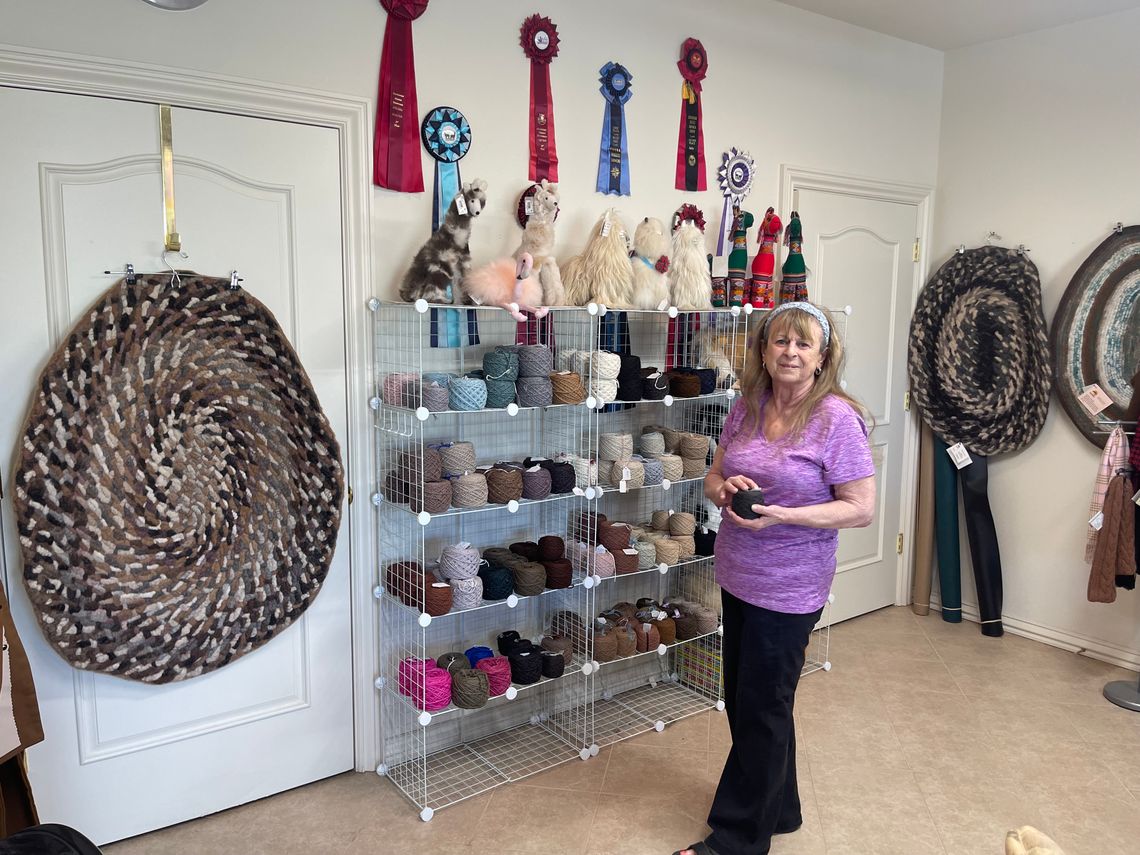
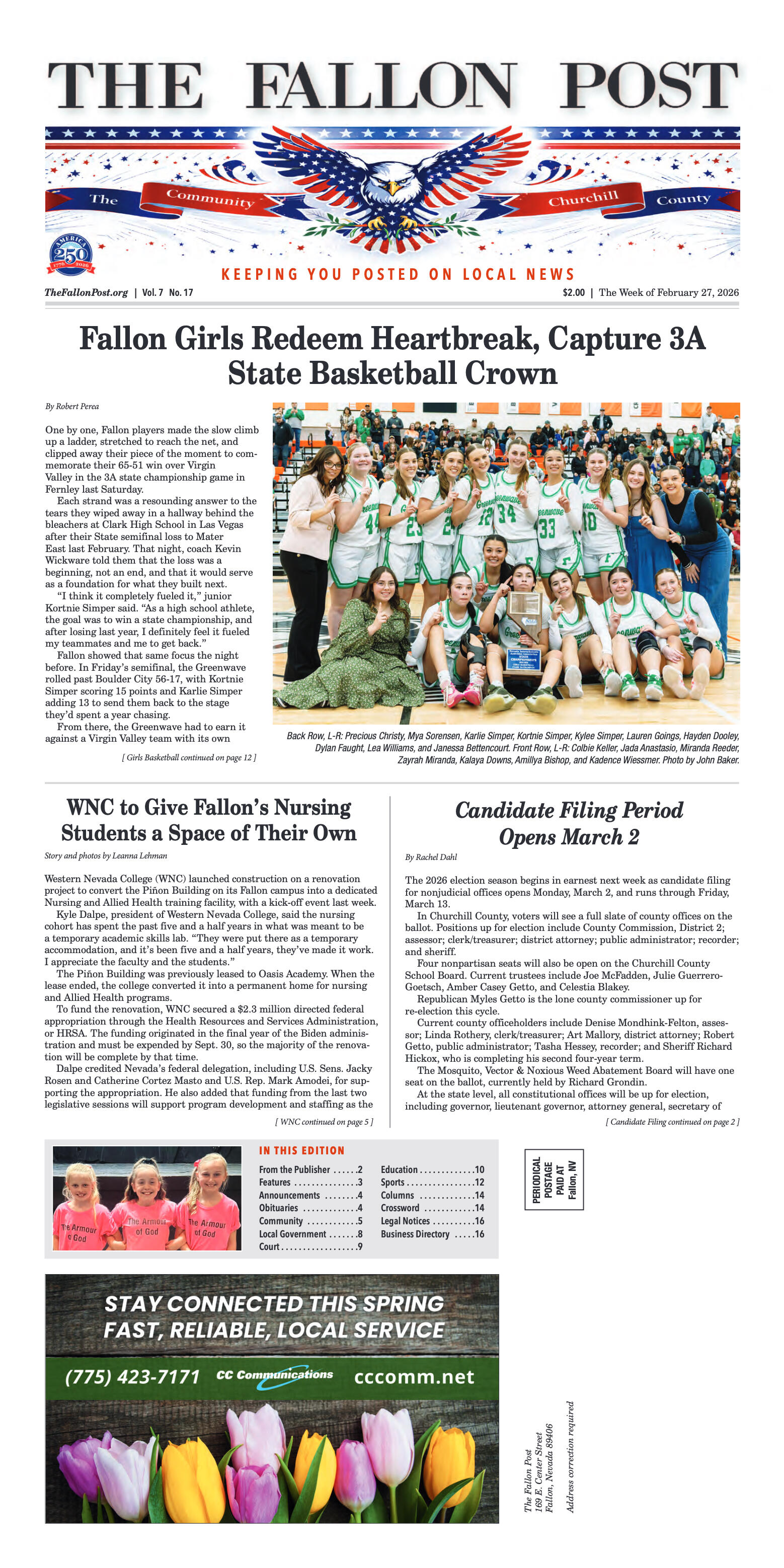
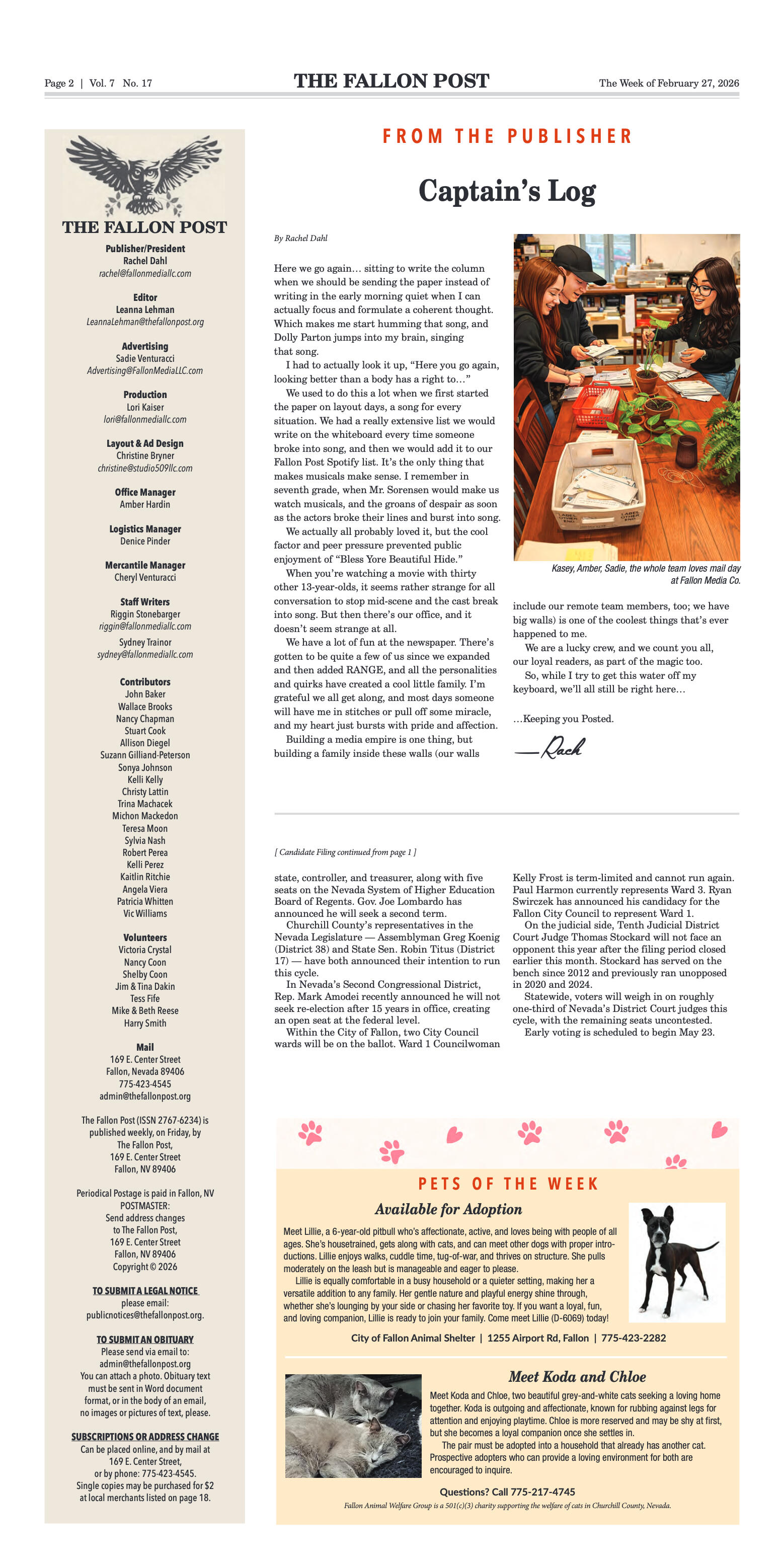
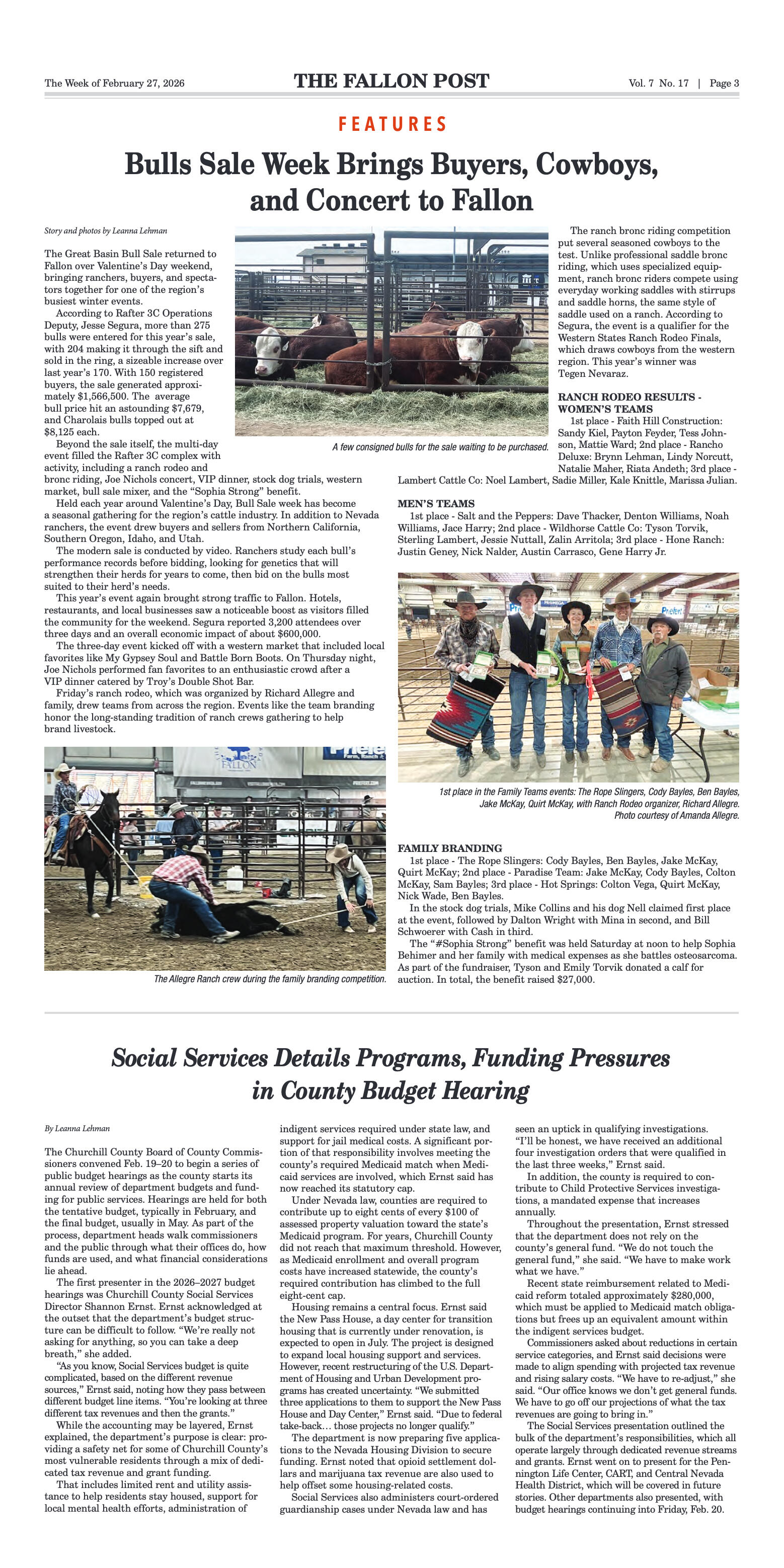
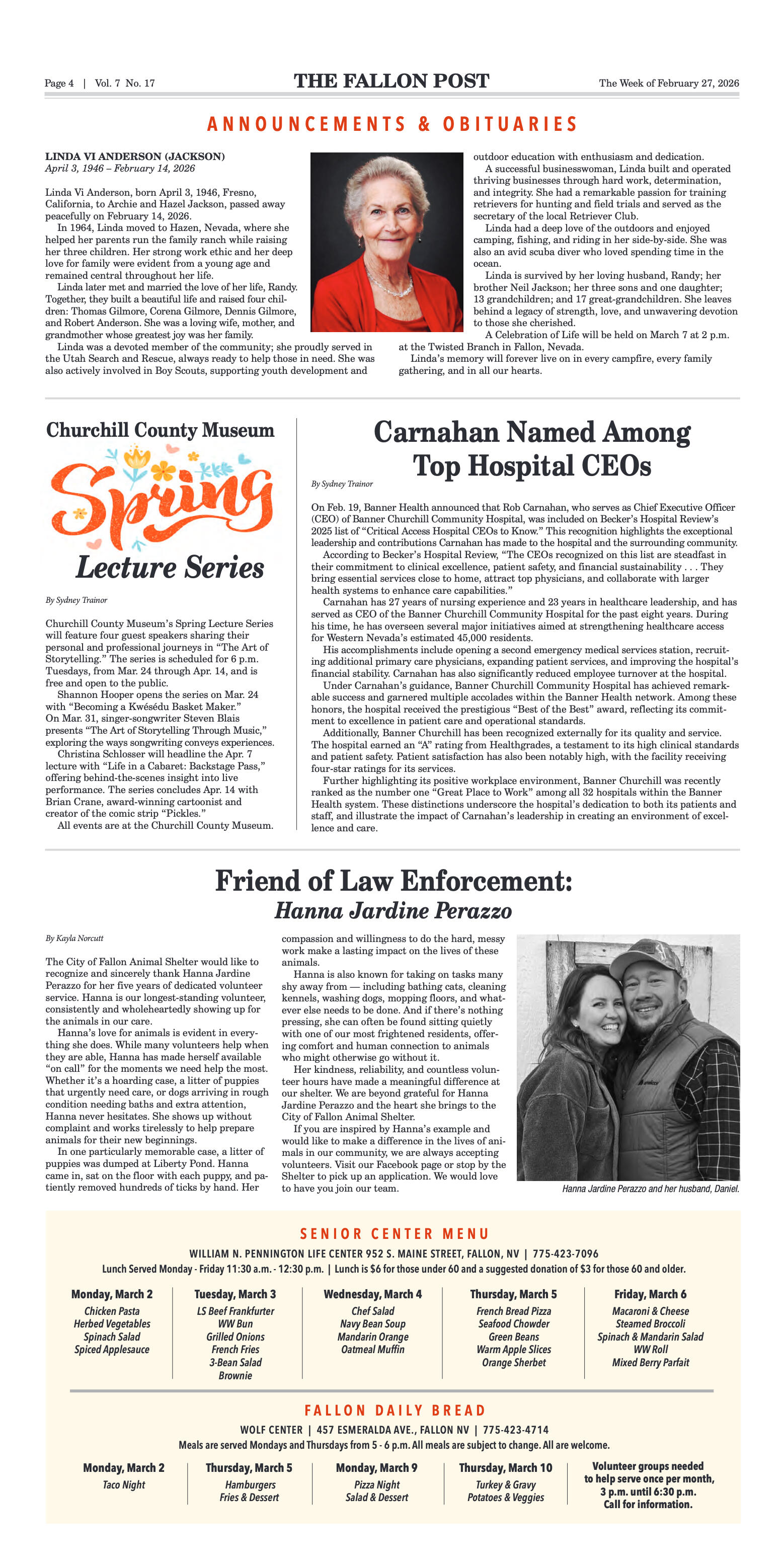
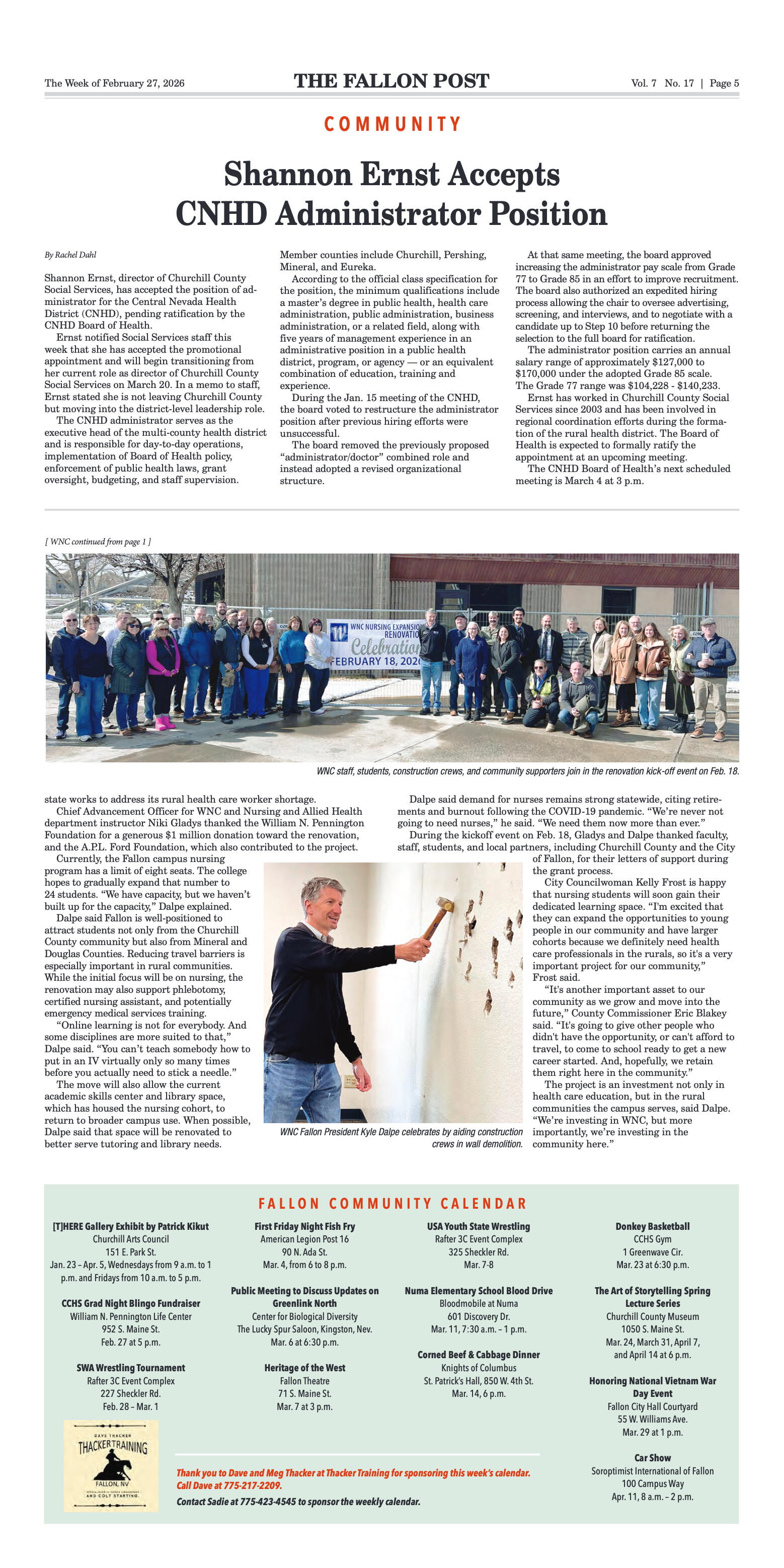

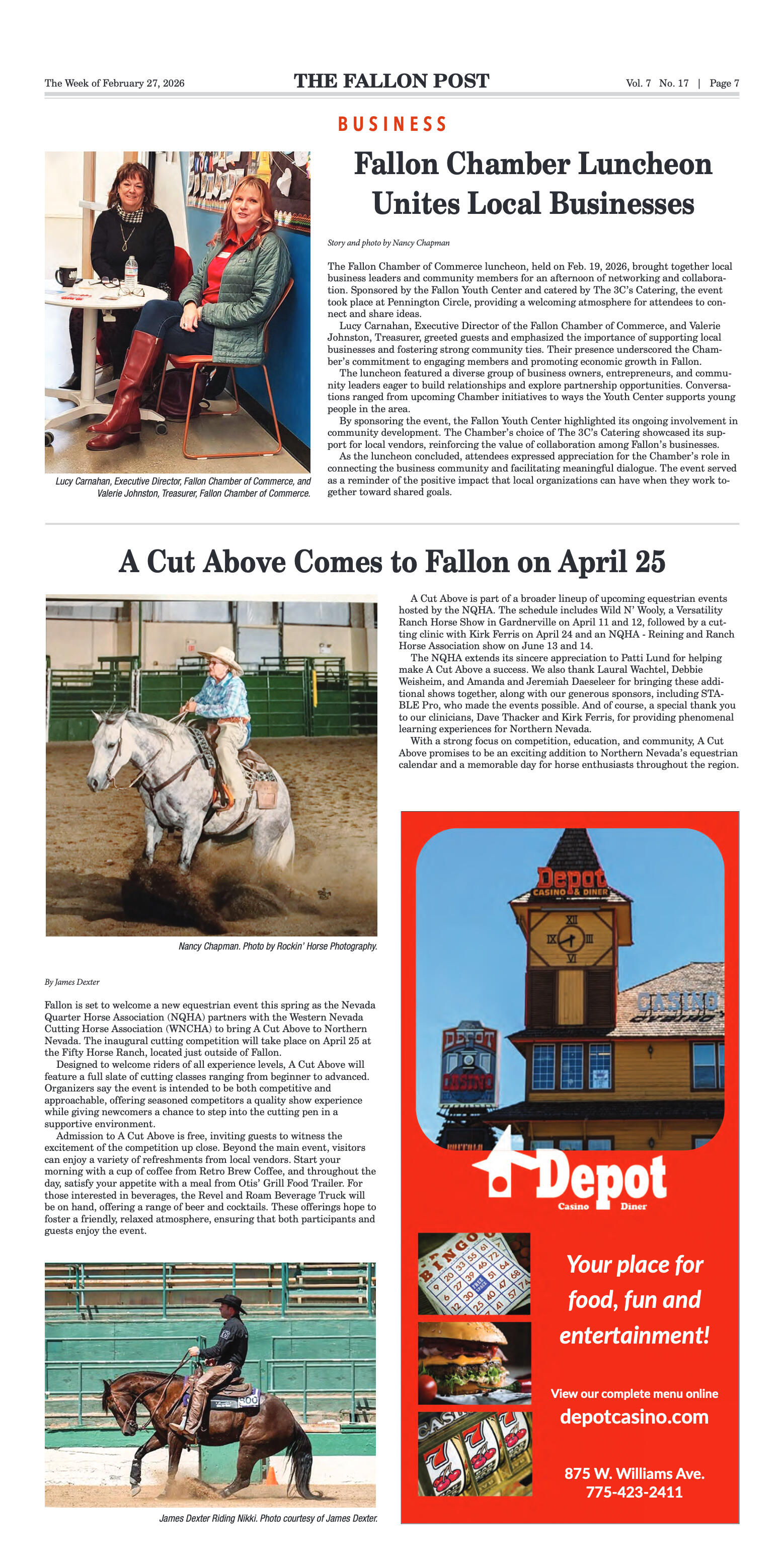
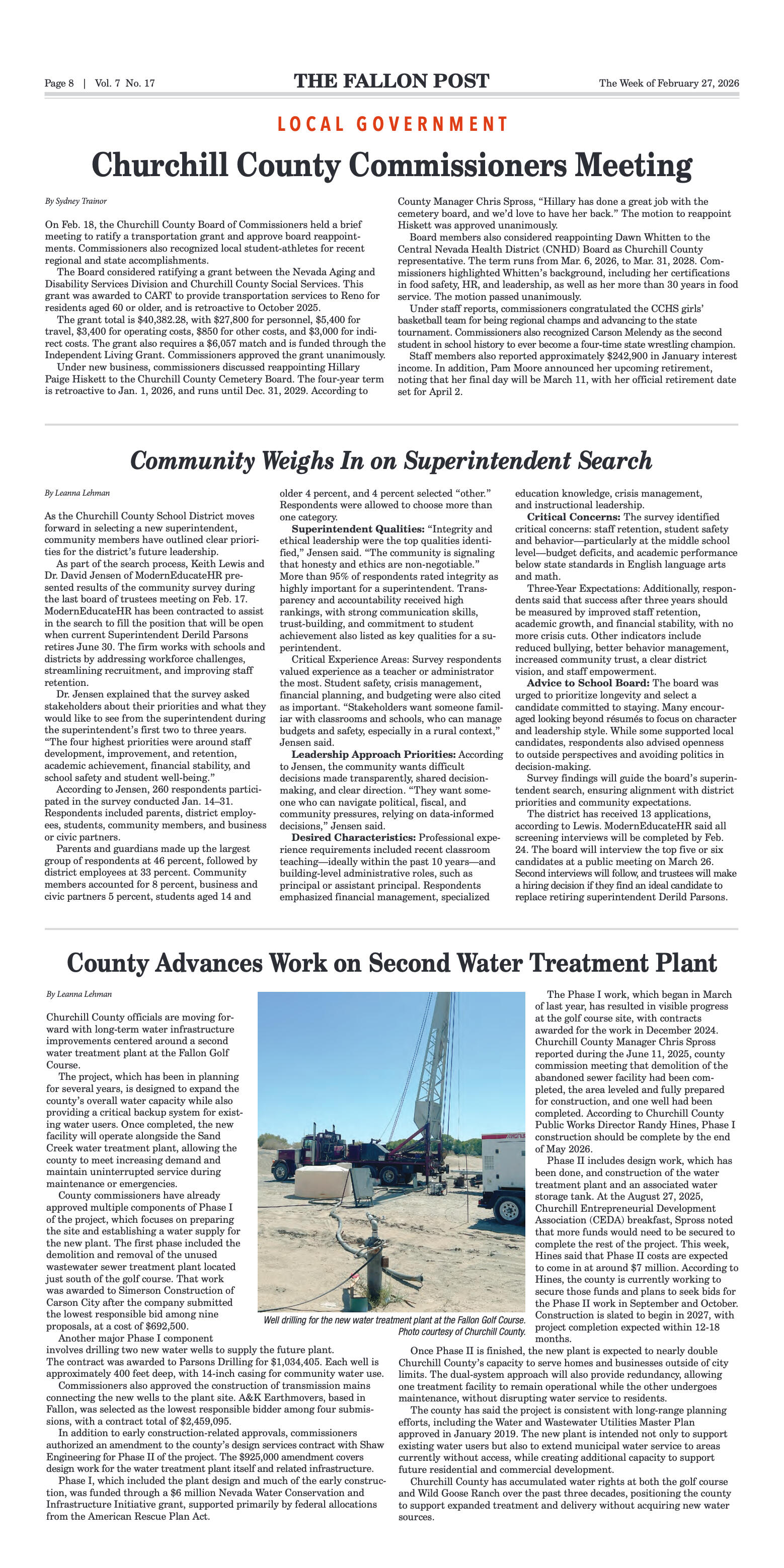

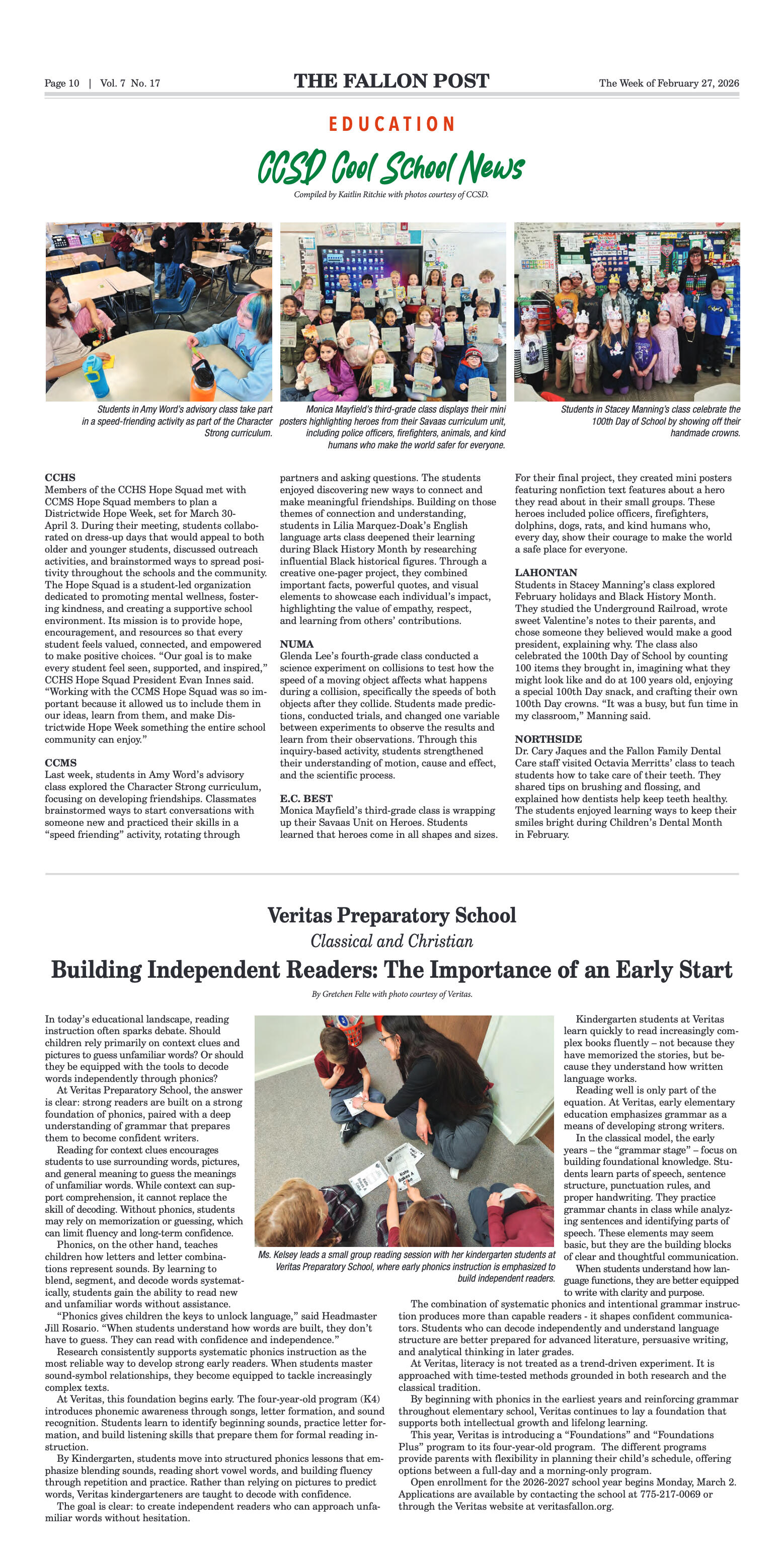
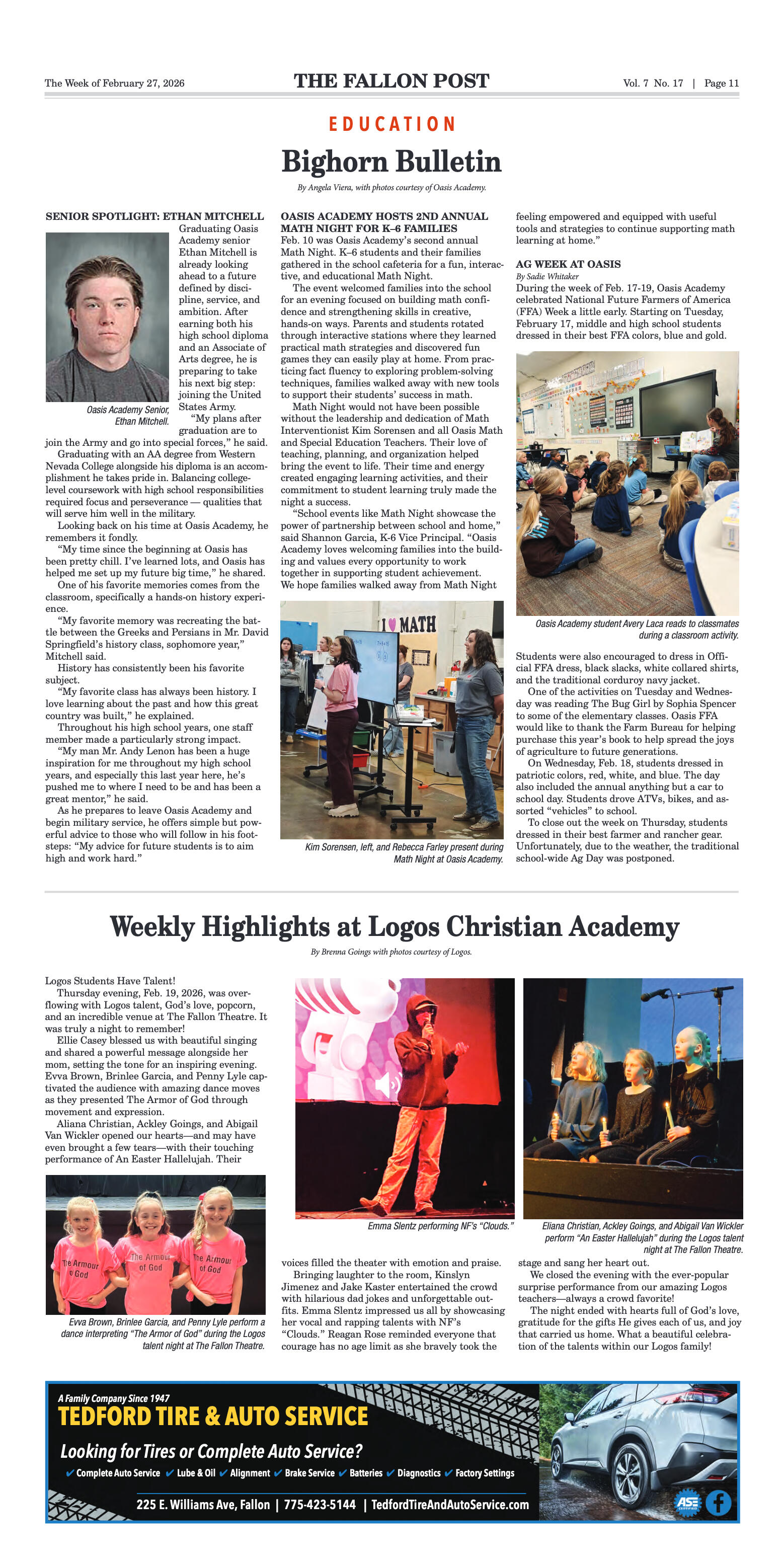
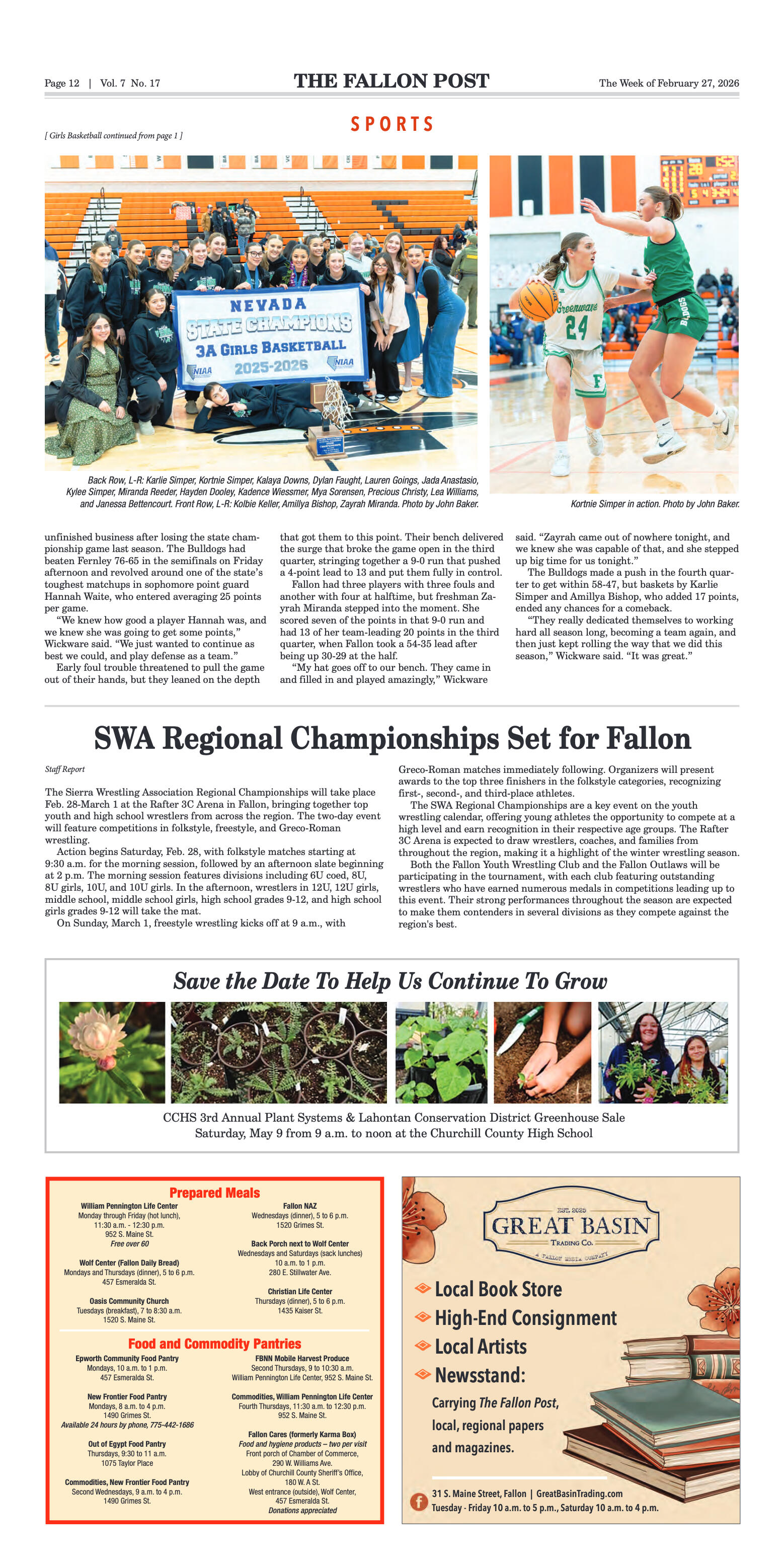
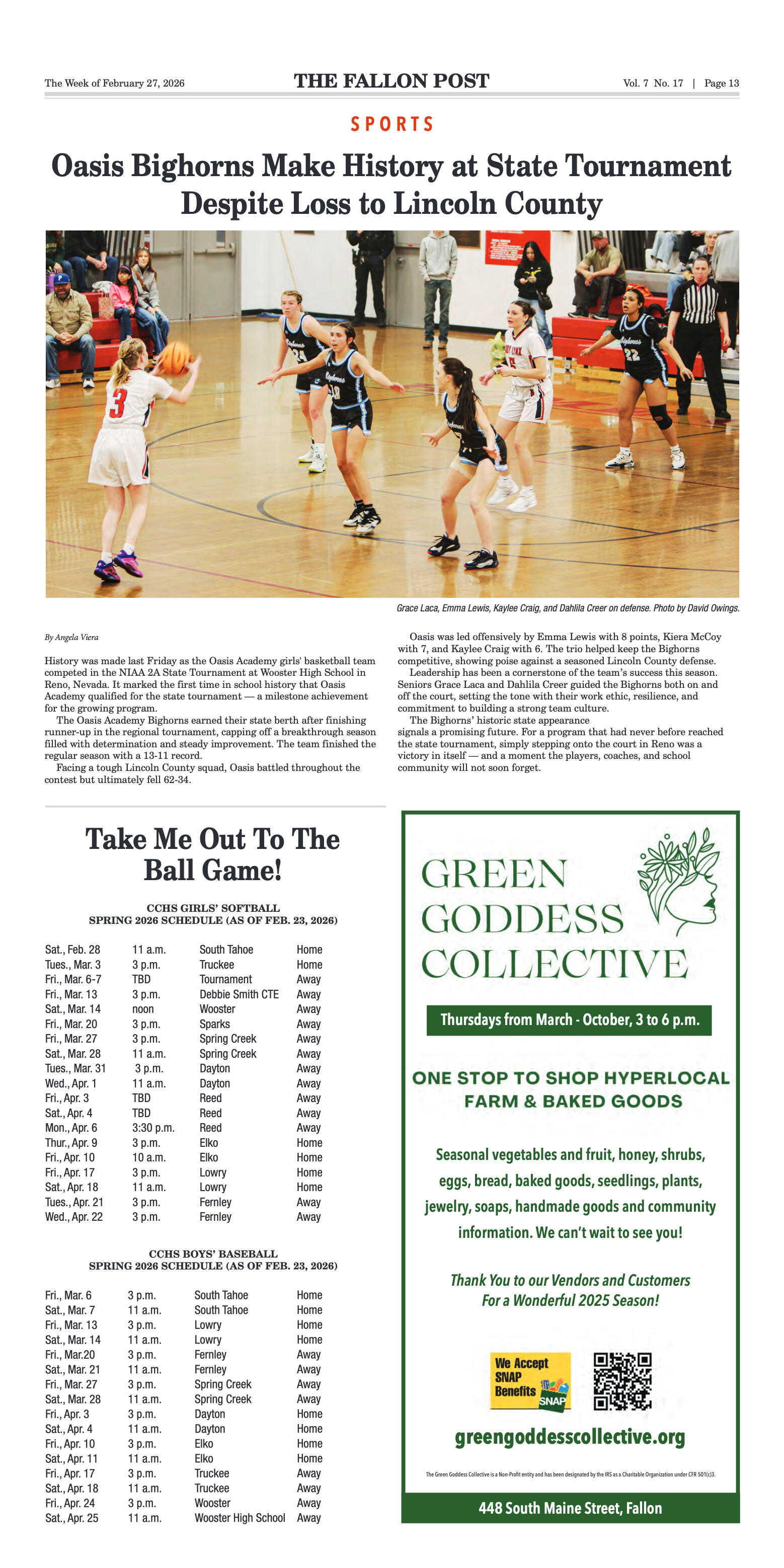
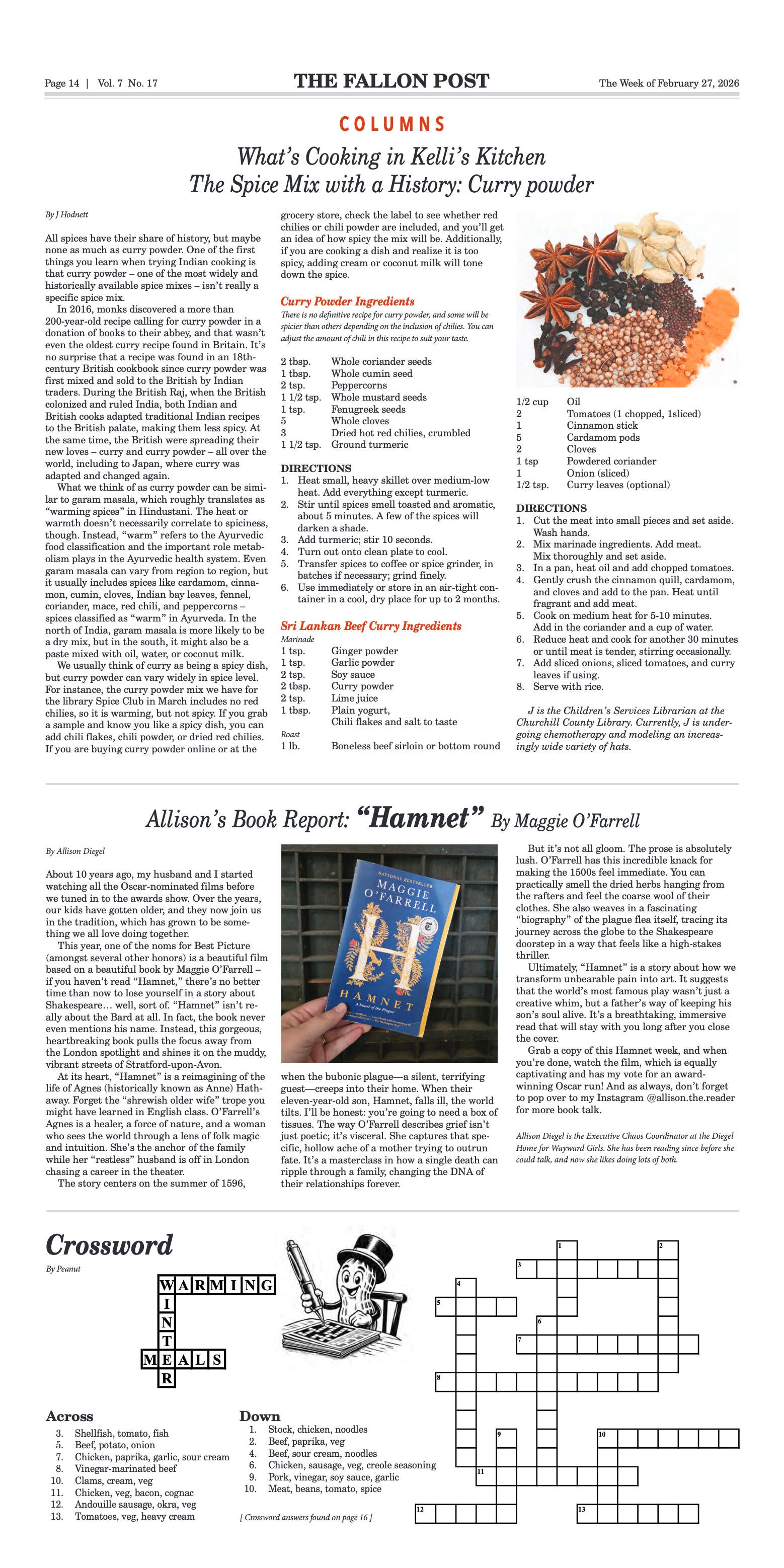
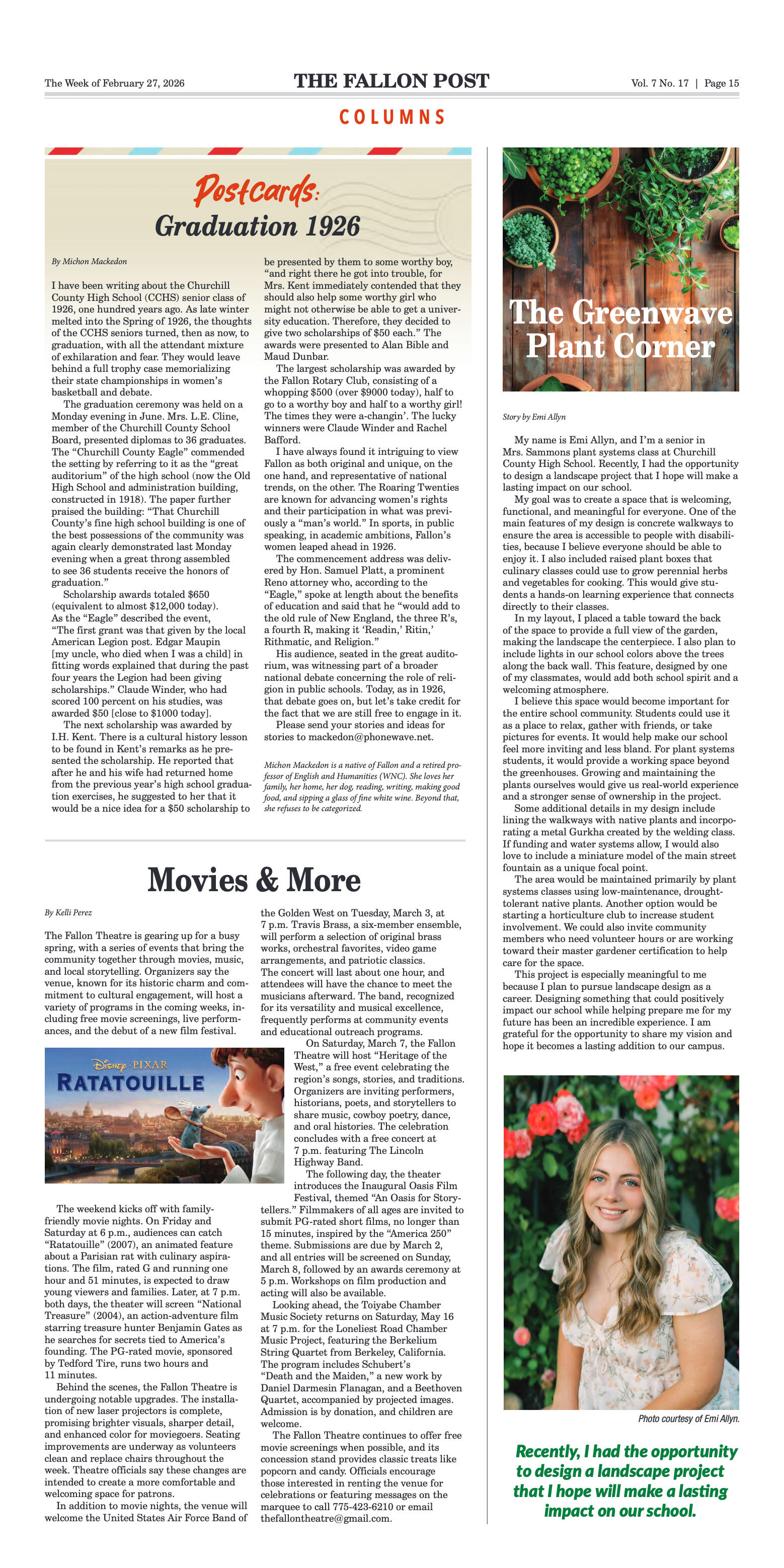






















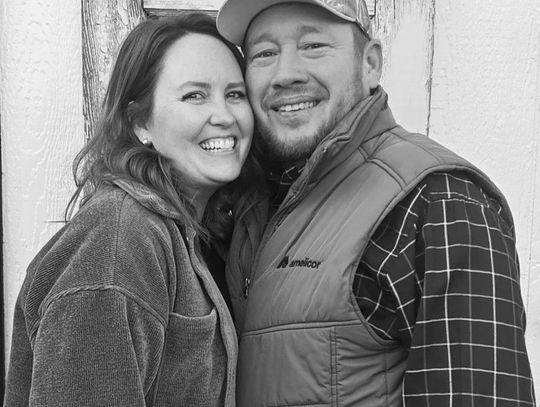

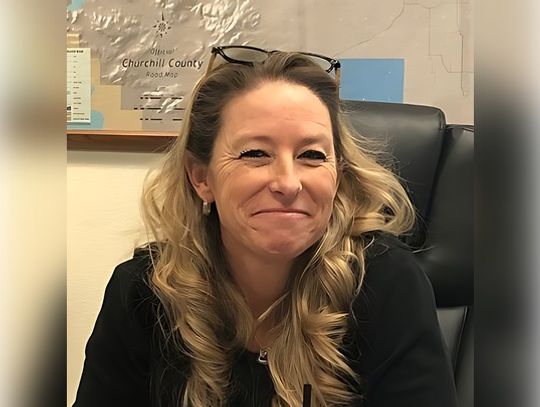
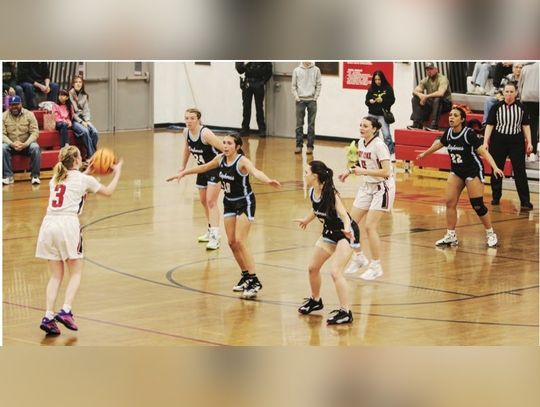

Comment
Comments